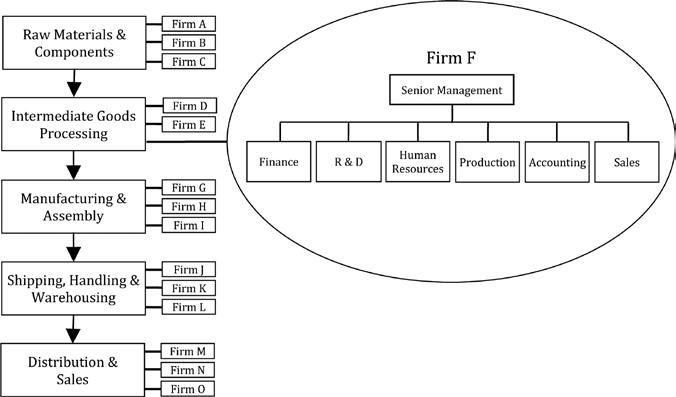Chapter 16
Networks
Our analysis of decision making in interactive settings involving move and countermove assumed that managers exhibit purely rational behavior. By this we mean that a player’s strategy choices are based on self-interested outcomes that are in his or her own self interest. Even the most ardent proponents of pure rationality have come to recognize that in some situations a player’s strategy choices are guided less by reason than by instinct, which is the by-product of repeated responses to specific external stimuli over extended periods of time. EVOLUTIONARY GAME THEORY Beginning with Charles Darwin (1859), theories of evolution have provided insights into the physical and mental development of all living creatures. John Maynard Smith’s (1982) pioneering work in evolutionary game theory explained animal behavior in terms of instinctual strategies that are genetically passed along from generation to generation. New survival strategies arise from mutations. If unsuccessful, survival rates decline and the mutation is not passed along to future generations. If successful, they will come to define a species’ behavior. Reproductive Success The population-dynamic aspect of evolutionary game theory is significant because it does not depend on a player’s purely rational choices, but on the much weaker assumption of reproductive success in which successful strategies replace unsuccessful strategies over time. The idea of reproductive success can be traced to the application of game theory to problems in 381




